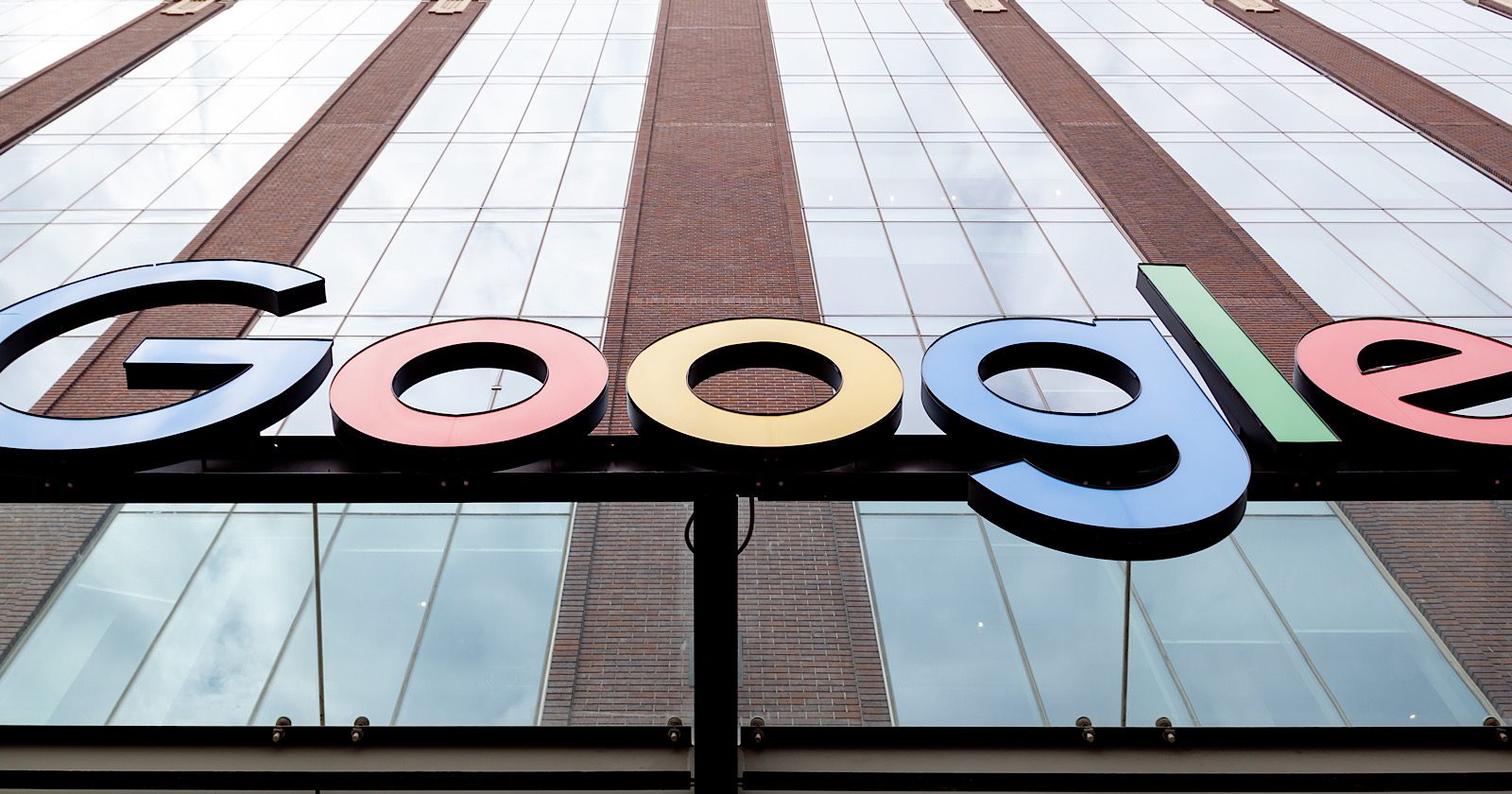
Google is making a big change to its domain structure. Soon, all country-specific Google domains will redirect to Google.com.
While this change affects Google’s own domain structure, Google has clarified that it does not signal changes to how international SEO works for websites.
Google Consolidates Domain Structure
Google announced plans to phase out country-specific domains like google.fr (France), google.ca (Canada), and google.co.jp (Japan). All these will eventually redirect to Google.com.
Google says in its announcement:
“Over the years, our ability to provide a local experience has improved. In 2017, we began providing the same experience with local results for everyone using Search, whether they were using google.com or their country’s ccTLD.”
Google explained that country-level domains are no longer needed because they can now deliver locally relevant results no matter which domain you use.
Implementation Timeline
Google will roll out this change slowly over the coming months, giving users time to adjust to the new system.
While the URL in your browser will change, Google says search will still work the same way.
Google stressed that the update “won’t affect the way Search works, nor will it change how we handle obligations under national laws.”
Connection to Hreflang Evolution
There’s speculation that this domain change might connect to how Google handles international content, though Google has not confirmed such a connection.
In July, Google’s Gary Illyes hinted that they might rely less on manual hreflang tags and more on automatic language detection.
Illyes stated in a podcast:
“Ultimately, I would want less and less annotations, site annotations, and more automatically learned things.”
SEO professional Montse Cano pointed out this connection in a social media post, noting that “hreflang might actually change too due to improvements in AI.”
However, Google’s John Mueller has explicitly stated that ‘nothing has changed with regards to international SEO,’ suggesting these speculations may be premature.
Implications For SEO Professionals
This change affects search marketers in several ways, especially those working on international SEO:
- Your analytics will show different referral patterns as traffic moves from country-specific domains to Google.com.
- Users should get a more uniform experience across regions while still seeing localized results.
Next Steps
While Google is getting better at automatic detection, SEO pros should still:
- Keep using hreflang tags
- Make sure your site clearly signals language and regional targeting
- Watch your analytics for traffic pattern changes during the transition
- Think about how this affects SEO strategies that relied on country-specific domains
Mueller emphasized that website owners should not necessarily copy Google’s domain consolidation approach for SEO purposes. As Alan Perkins noted and Mueller confirmed, Google’s decision to consolidate domains is a business decision for their specific situation as a global brand, not necessarily an SEO best practice that everyone should follow.
Key Takeaway
This change reflects Google’s evolving business strategy for its own domains, though the implications for international SEO remain limited according to Google’s statements.
While there has been industry discussion about automatic language detection, Google has not confirmed any changes to how it processes international content or hreflang signals.
SEO professionals should see this as part of search technology’s natural evolution. Stay alert to how these changes affect your international search visibility and traffic, but remember that fundamental international SEO practices remain unchanged for now.
Featured Image: JHVEPhoto/Shutterstock
